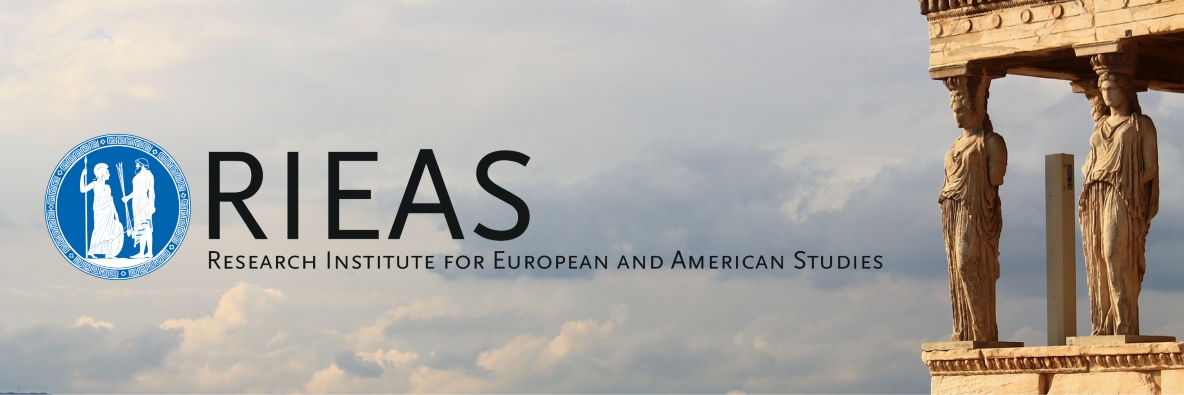Strategic Greek-Turkish Competition
 Dimitrios Tsailas (ret) Admiral)
Dimitrios Tsailas (ret) Admiral)
(He has taught for many years, operational planning, strategy, and security, to senior officers at the Supreme Joint War College. He is a member and researcher of the Institute for National and International Security)
Copyright: @ 2025 Research Institute for European and American Studies (www.rieas.gr) Publication date: 9 February 2025
Note: The article reflects the opinion of the author and not necessarily the views of the Research Institute for European and American Studies
The lesson from ancient Greece is clear in competition, especially of a strategic nature, avoiding catastrophic blunders often matters more than sheer brilliance. Greek government can take this historical perspective as it navigates the modern-day rivalry with Turkey, particularly in areas of diplomacy, military posturing, and regional influence. Both Greece and Turkey have long-standing disputes, especially over territorial waters in the Aegean Sea, energy exploration rights in the Eastern Mediterranean, and military tensions that arise from their respective NATO memberships. .. Read more

 Shaul Shay
Shaul Shay Khatuna Chapichadze
Khatuna Chapichadze John A. Calabrese
John A. Calabrese Shaul Shay
Shaul Shay John A. Calabrese
John A. Calabrese